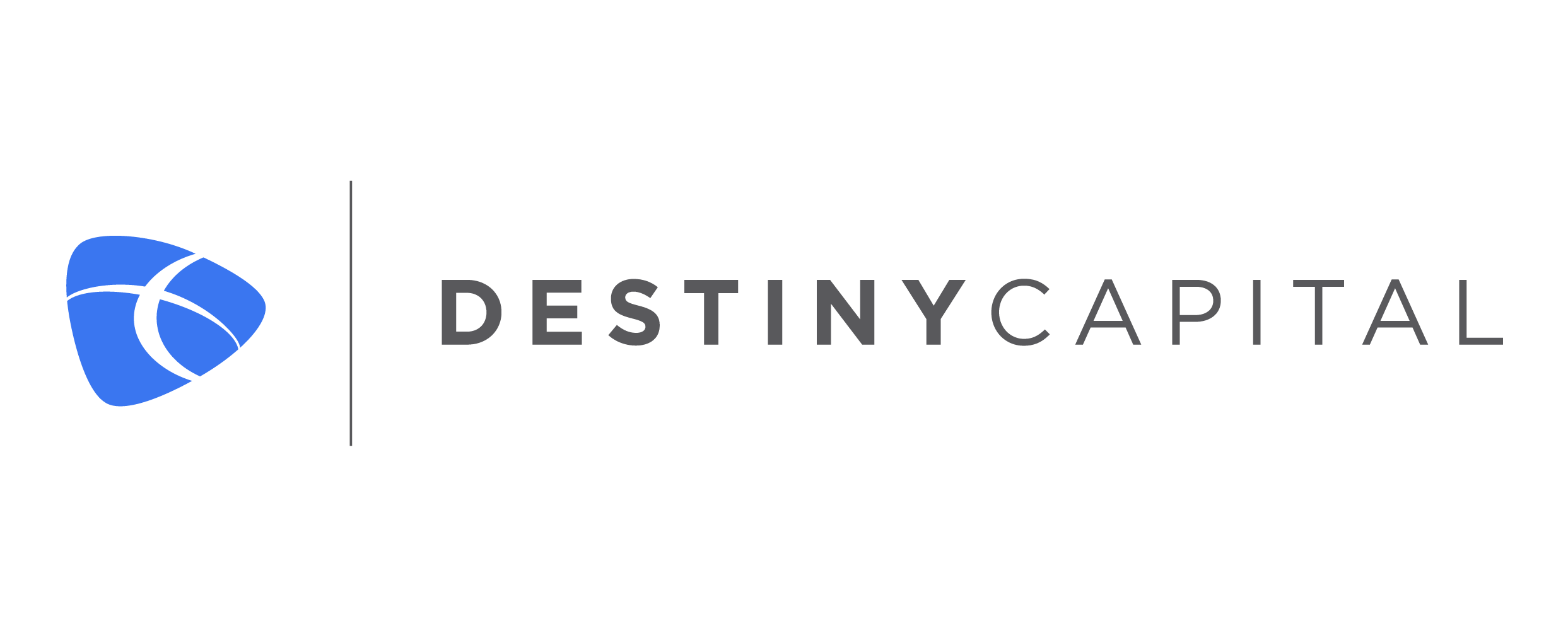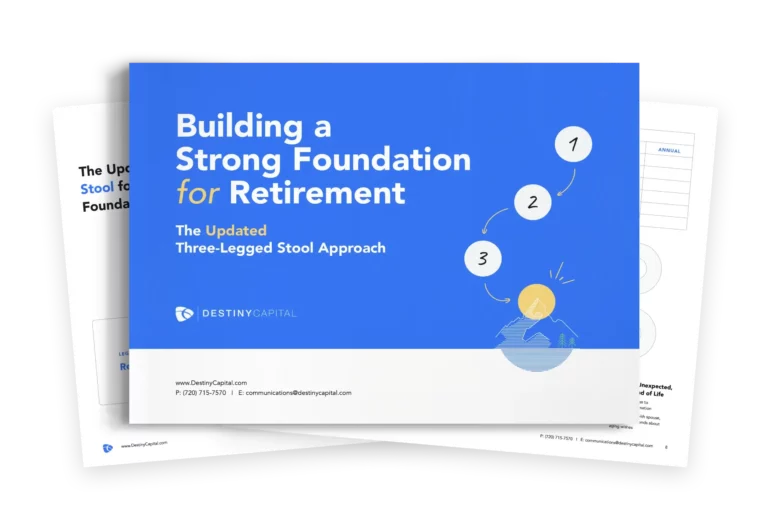Benefits of a Home Equity Conversion Mortgage
A negative public image can be tough to overcome. Just ask pretty much any celebrity or politician. The 2008 housing crisis is at the root of the reverse mortgage industry’s negative public image. Many people who could potentially benefit from the proper application of a reverse mortgage have passed over the planning tool because of the negative feelings they still hold on to. Those feelings could disappear by properly considering a reverse mortgage in a financial plan.
Since 2008, the reverse mortgage industry has been able to mitigate the issue that surfaced during the housing crisis. Today, the product has enhanced consumer protections, improved federal oversight, reduced costs, and additional advantages for borrowers. These improvements changed what was called a reverse mortgage into what is now called a Home Equity Conversion Mortgage (HECM).
Some possible benefits of a Home Equity Conversion Mortgage include:
- Ending current mortgage payments to free up monthly cash flow during retirement
- Using the line of credit for expenses during a bear market as to not sell investment assets during a down market
- Bridging the Medicare gap between 62 and 65
- Delaying the start of Social Security payments until reaching the maximum benefit
- Tax planning to reduce taxable income or the ability to bundle deductions in one tax year
- Paying for the cost of end of life care
The idea is to be able to access the equity inside of the home to provide more cash flow during retirement. Home equity is often a person’s most significant asset, but the equity is locked up and the homeowner is not able to access it. A HECM allows the equity to become available without the need to sell the home or take out a forward mortgage.
Due to the increased scrutiny following 2008, borrowers must meet the following requirements before being eligible for a HECM:
- Homeowners must be age 62 or older
- The loan is based on the age of the youngest borrower if there are co-signers
- The homeowner must own the home outright or have significant equity
- Borrowers must own and live on the property as the primary residence (live there 6 or more months a year)
- Homeowners are required to get consumer counseling and education before being approved
This article was meant to bring light to the changes in the reverse mortgage industry and introduce the concept as a possible additional strategy in a financial plan. We will be evaluating potential benefits of a HECM with our clients during our annual planning reviews.
Have any questions? We’re here to help!
{{cta(‘b98204c7-0e0e-4d3b-895d-e54ef00e4f97’)}}
Share this
Stay Ahead with Smart Investments
Learn how to invest wisely and minimize risks to protect your retirement savings.
Achieve Your Retirement Goals
Get personalized advice to meet your retirement goals. Book your call with Destiny Capital now.




